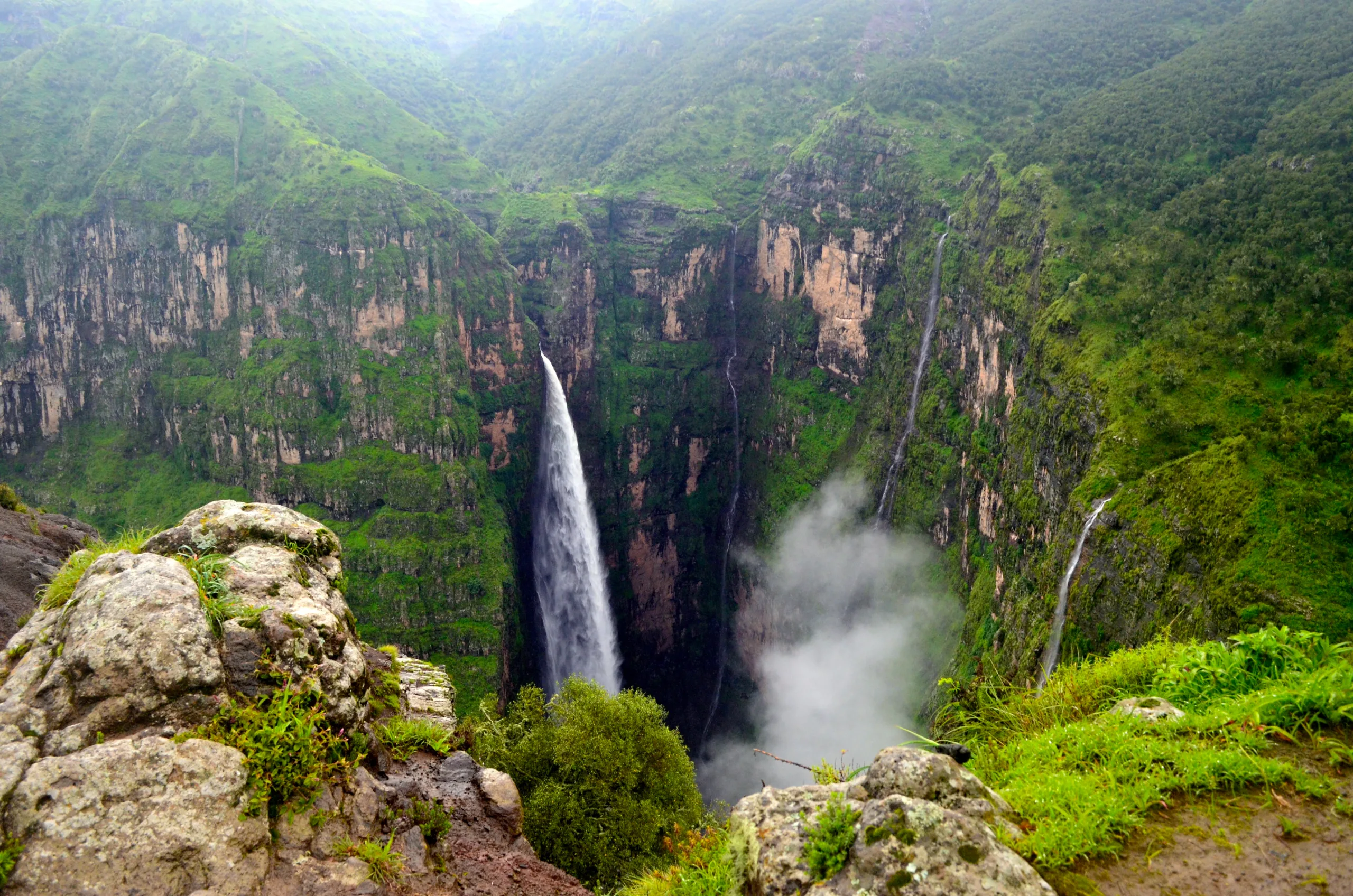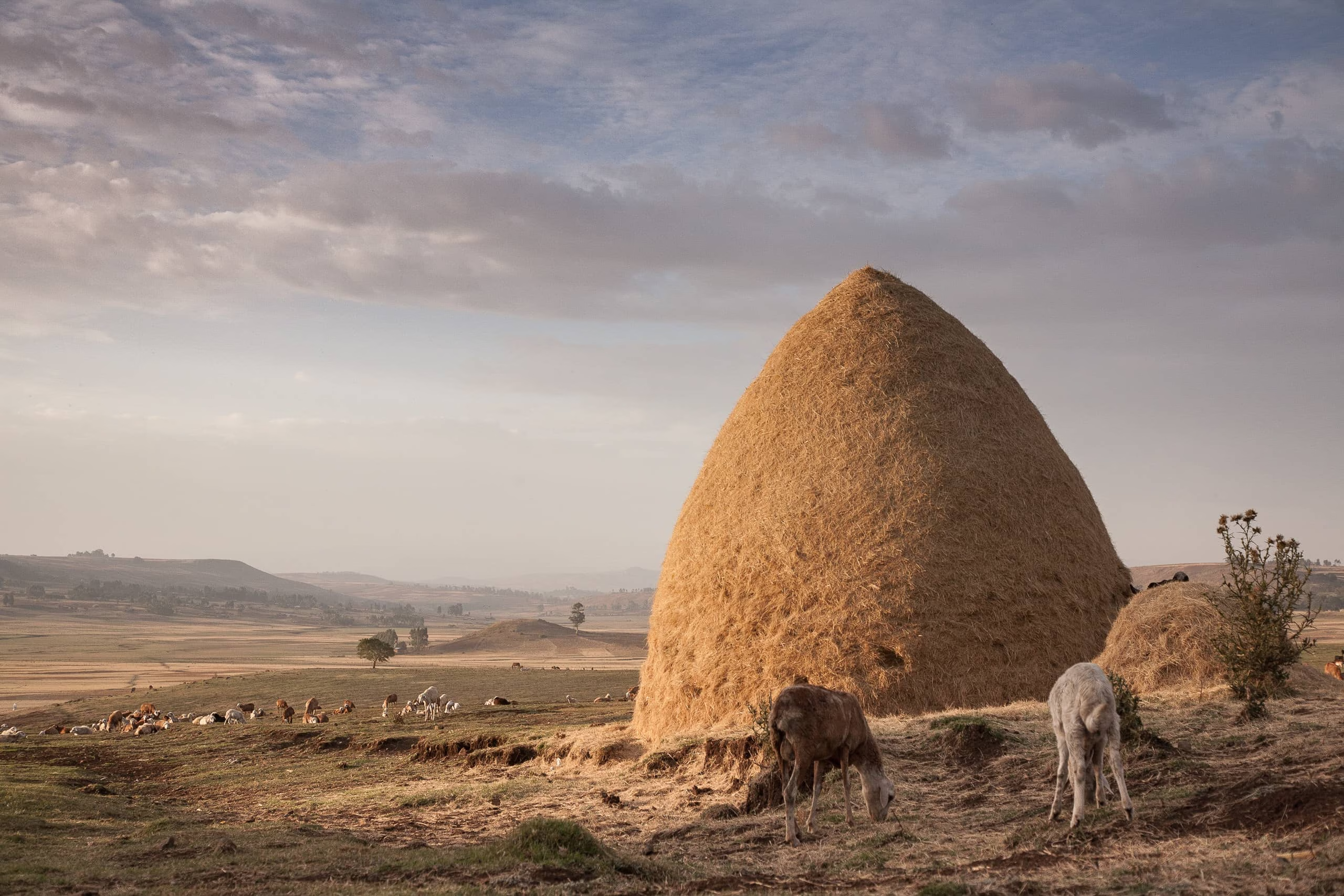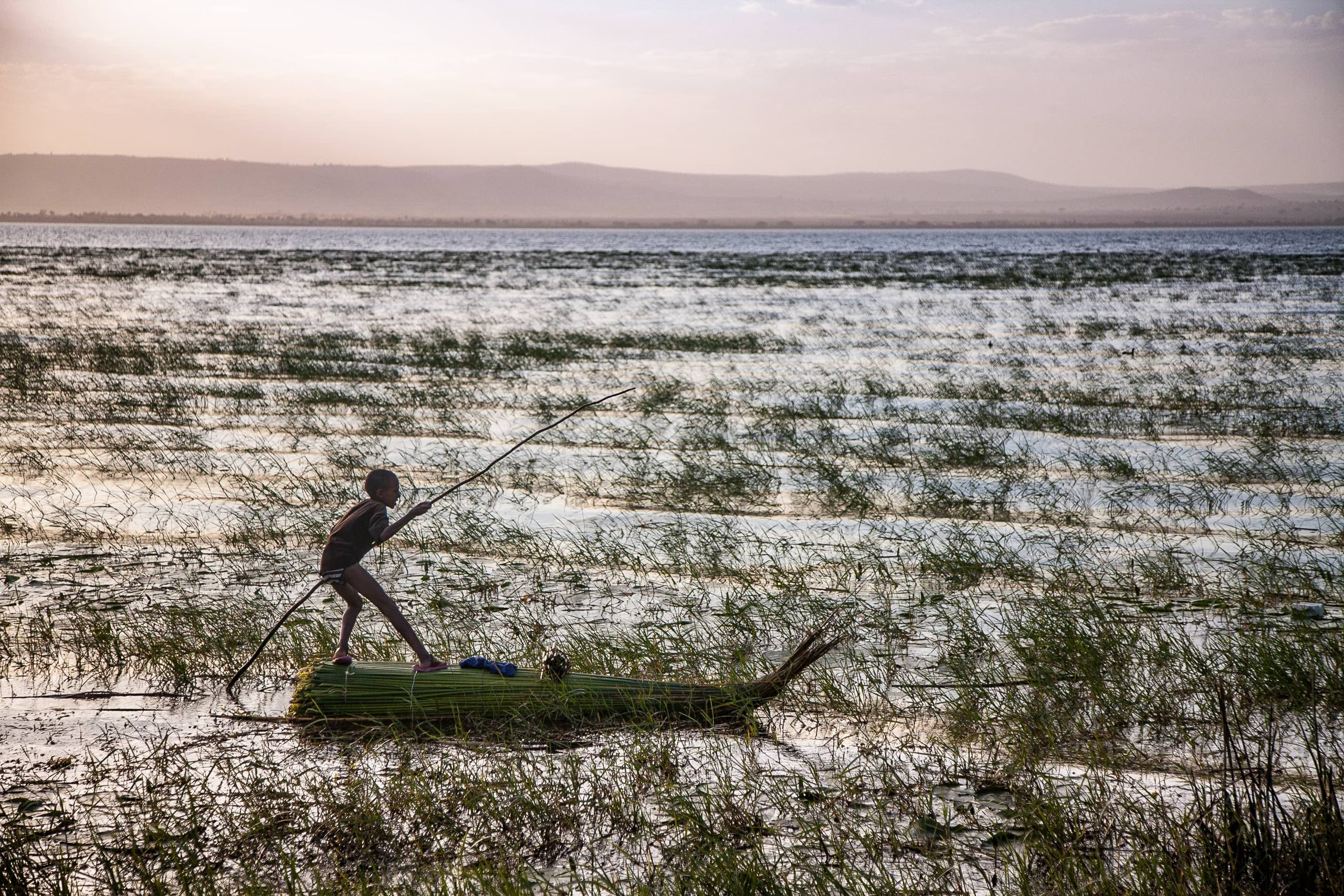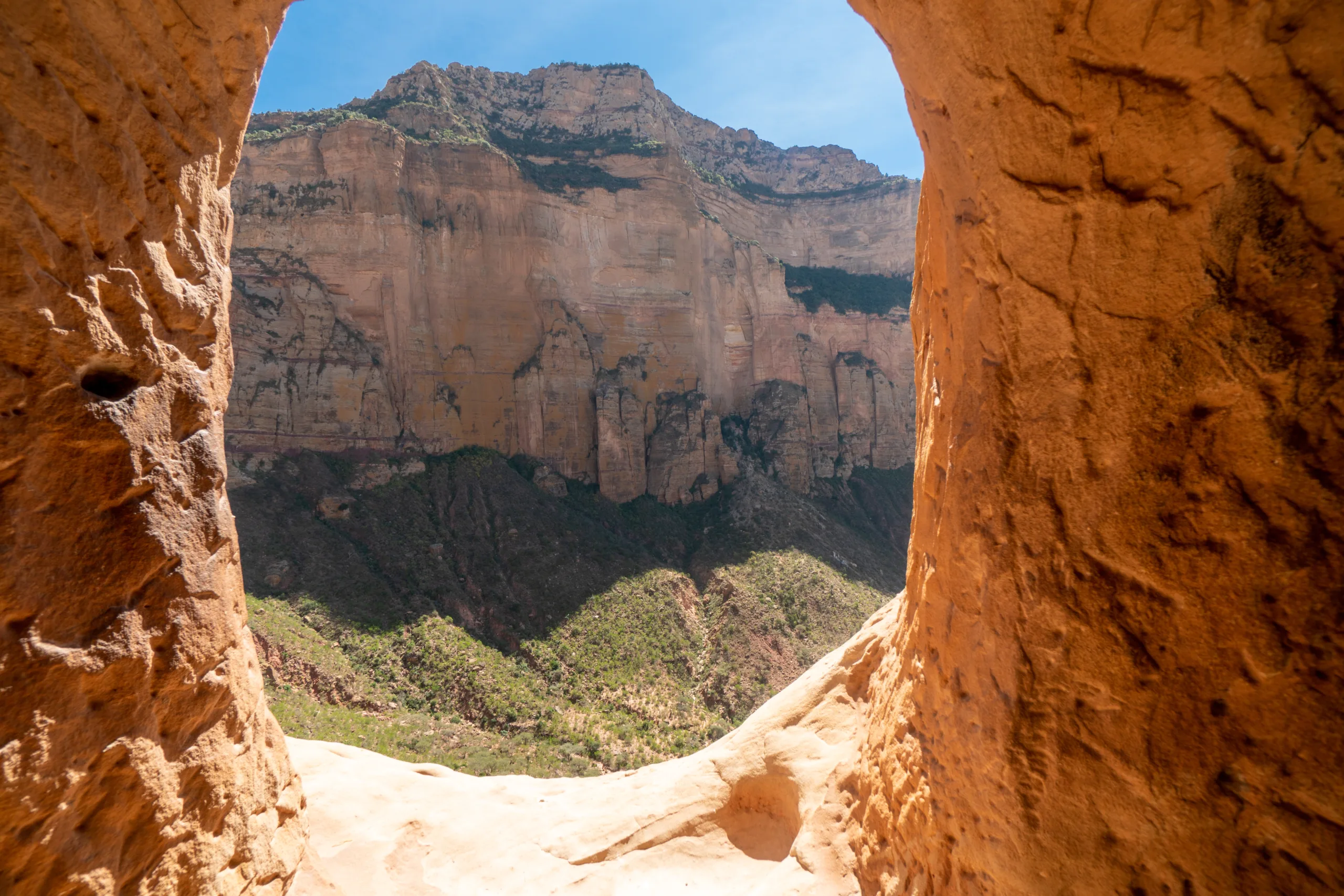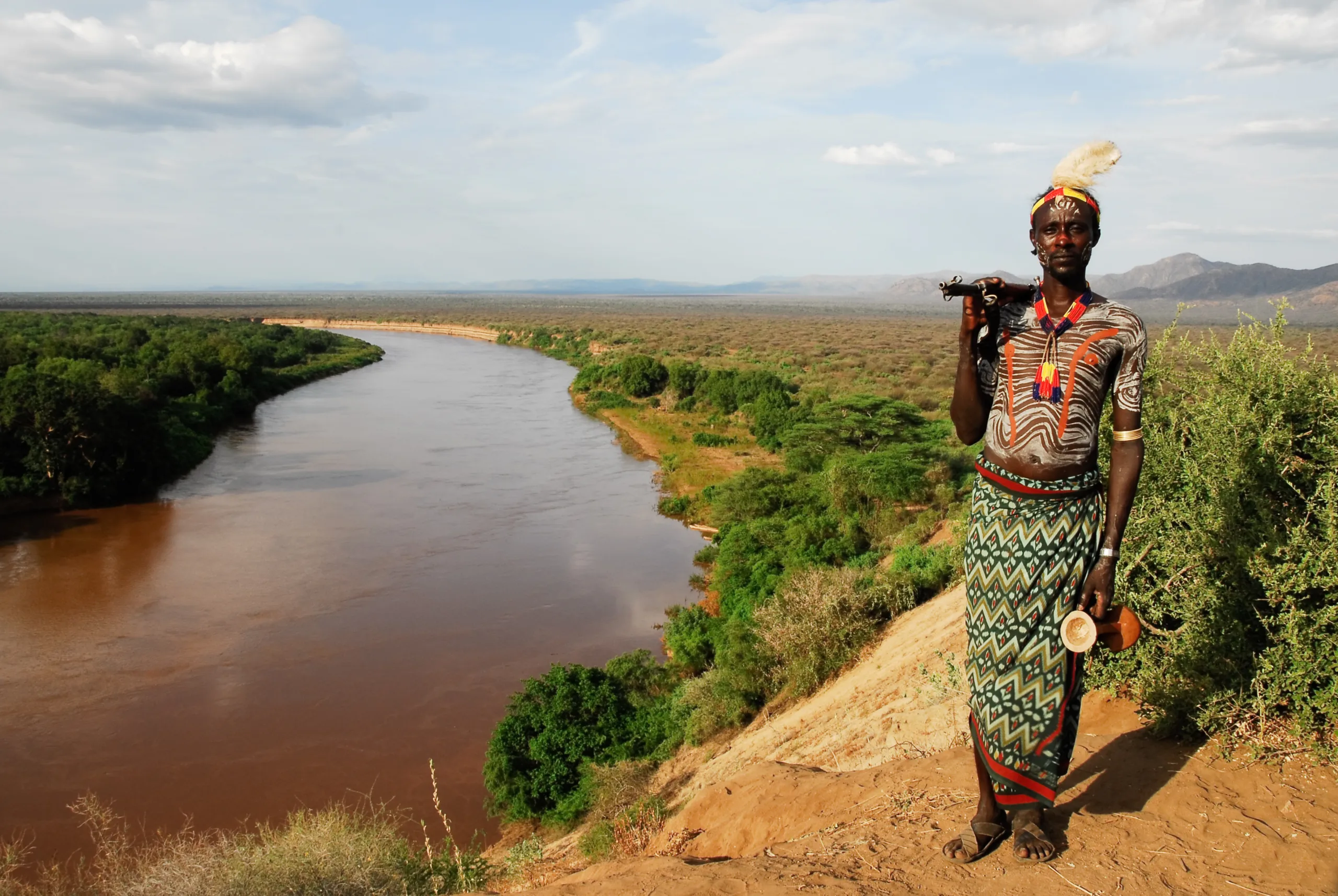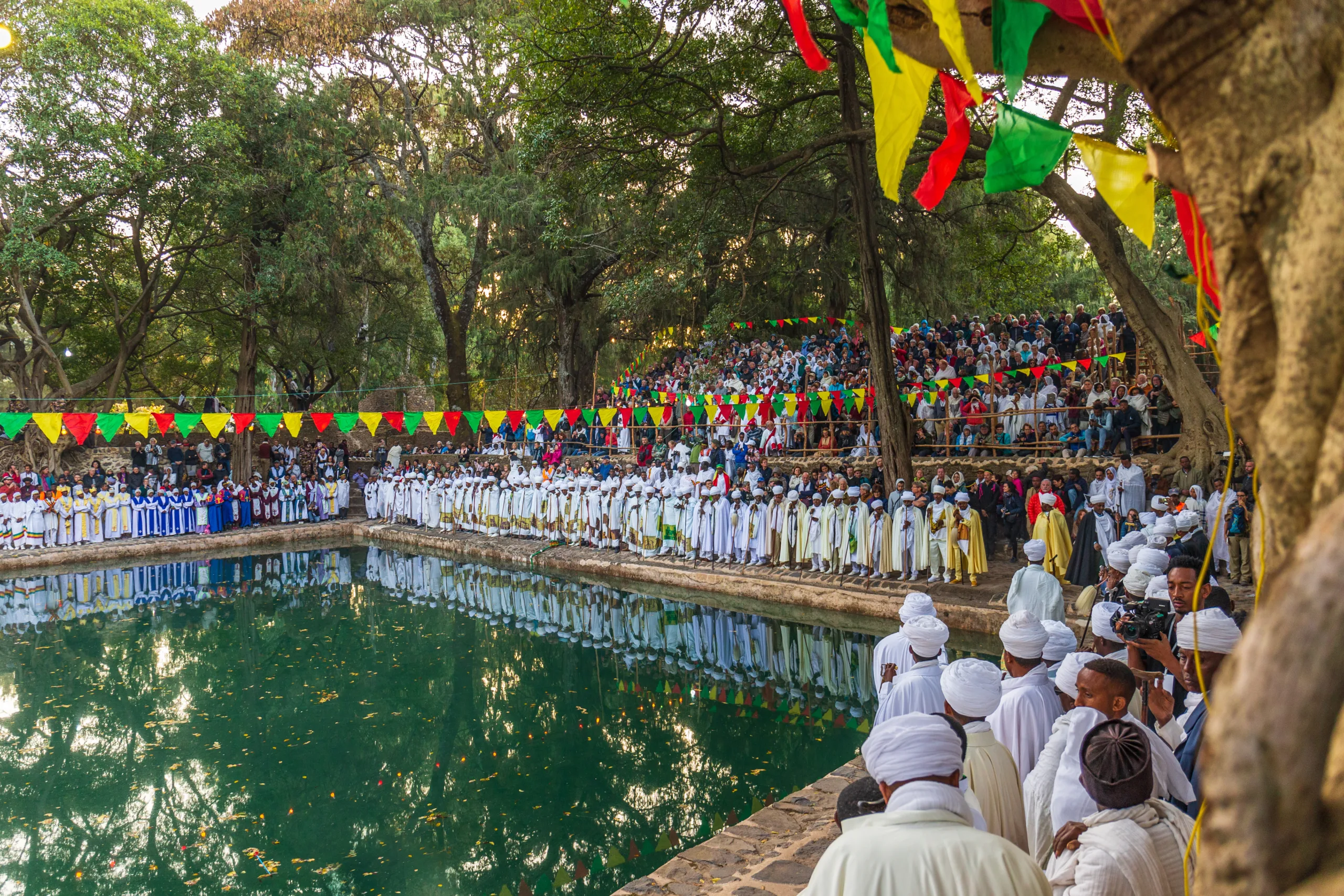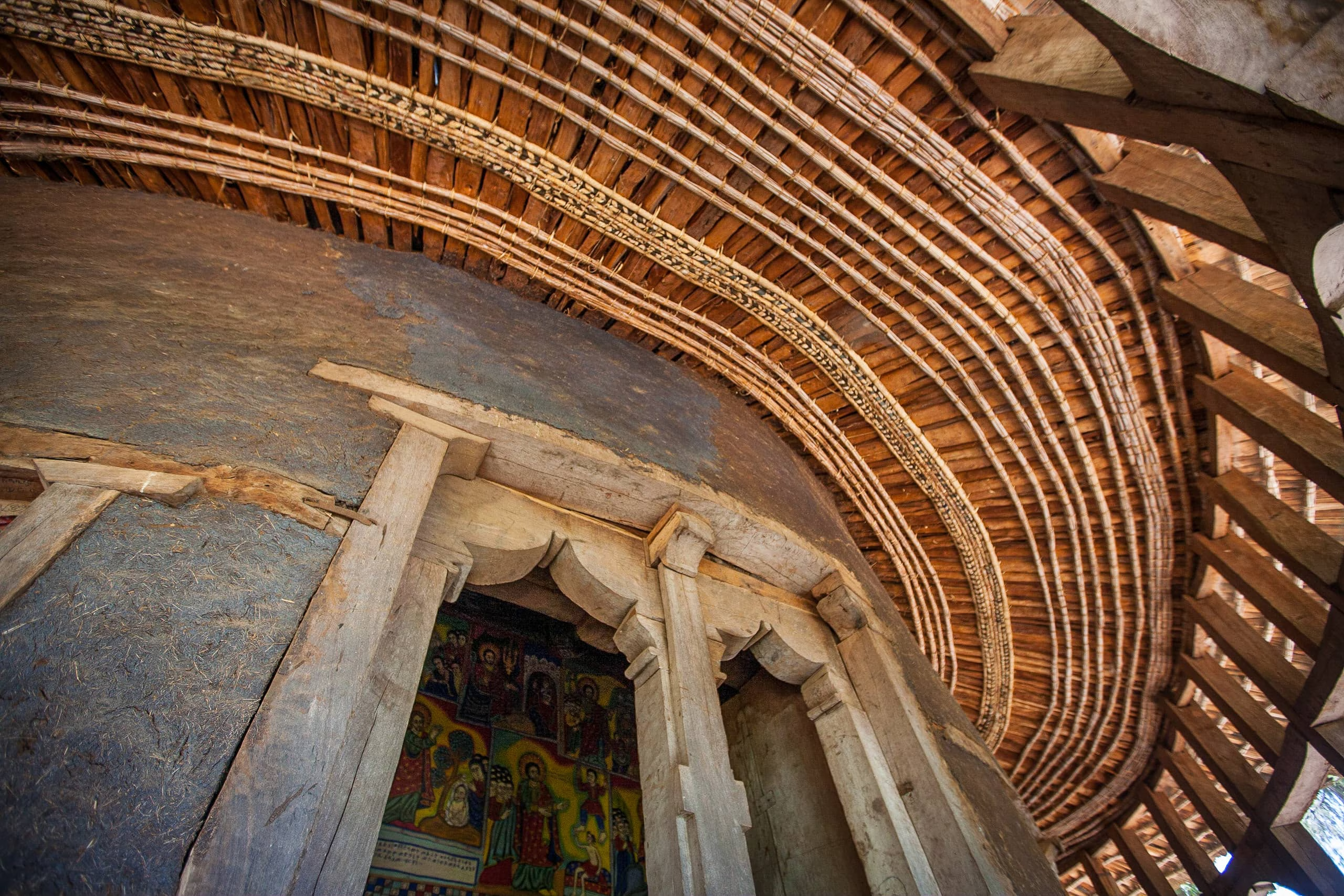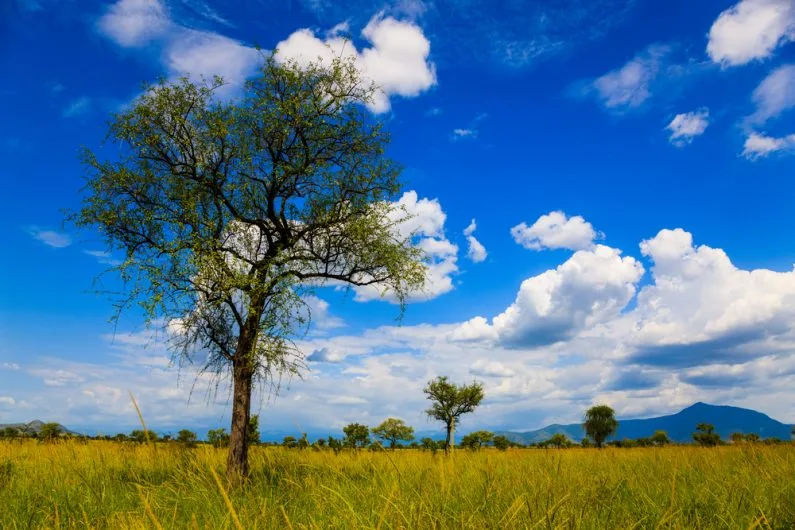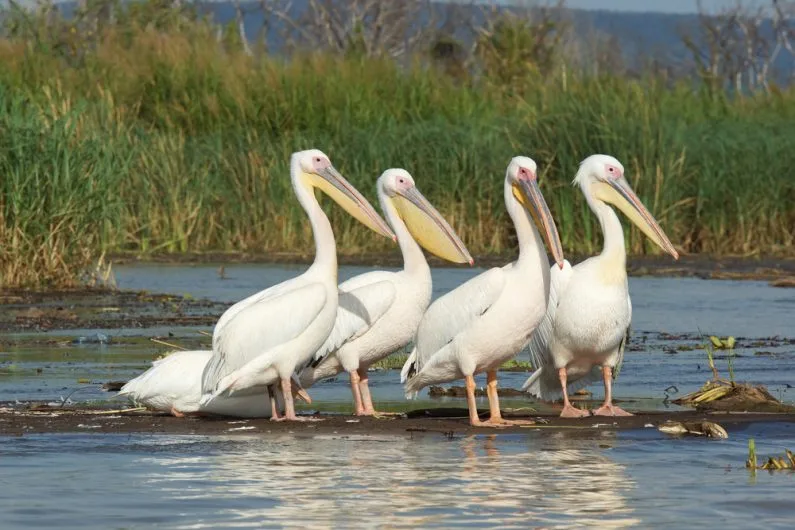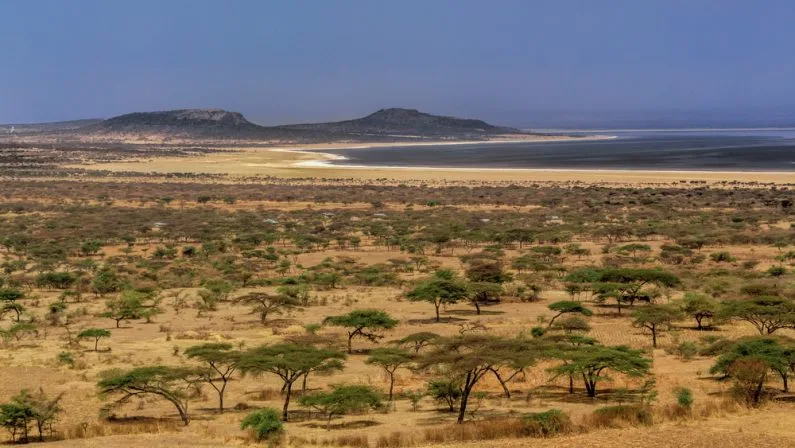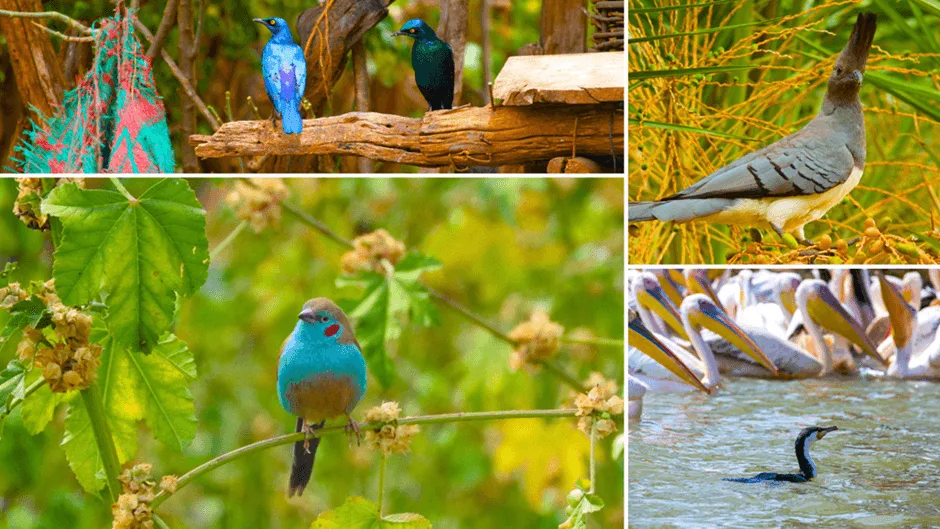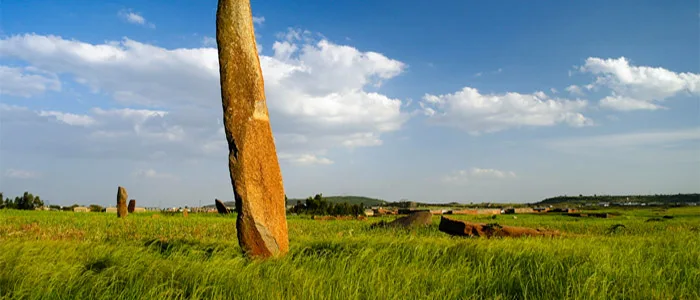Home of Ancient Civilizations
Ethiopia is often referred to as the “cradle of humanity,” and for good reason. Archaeological discoveries in the Great Rift Valley have provided some of the most important evidence of human origins, including the world-famous fossil of Lucy (Australopithecus afarensis), estimated to be 3.2 million years old. But Ethiopia’s ancient significance doesn’t stop there—it is also home to some of the earliest Christian kingdoms. In Lalibela, visitors can explore 12th-century rock-hewn churches carved directly into the ground, still used for worship today. The ancient city of Aksum, once the center of a mighty empire that traded with Rome and India, boasts towering obelisks, royal tombs, and legends tied to the Ark of the Covenant. For history lovers, Ethiopia offers a living museum of human civilization.
Unique Time and Calendar System
A trip to Ethiopia is not just a journey across geography—it’s also a journey through time. The country follows the Ethiopian Calendar, which is roughly seven to eight years behind the Gregorian calendar. For example, when much of the world celebrated the year 2025, Ethiopia was marking 2018. The Ethiopian year is divided into 13 months: 12 months of 30 days each, plus a short 13th month called Pagumē, which has 5 or 6 days depending on whether it’s a leap year. Timekeeping is equally fascinating—Ethiopians use a 12-hour system that begins at sunrise (6 AM international time is considered “12 o’clock” in Ethiopia). For travelers, this cultural difference offers a unique, almost otherworldly sense of stepping into a parallel rhythm of life, where time itself feels refreshingly distinct.
Breathtaking Natural Diversity
Ethiopia’s landscapes are among the most dramatic and varied in Africa. The soaring Simien Mountains, a UNESCO World Heritage Site, feature jagged peaks and deep valleys often compared to the Grand Canyon. Here, trekkers can encounter rare wildlife such as the gelada baboon, Walia ibex, and Ethiopian wolf. On the opposite extreme lies the Danakil Depression, one of the hottest and lowest places on Earth, where surreal landscapes of salt flats, lava lakes, and neon-colored mineral springs make it feel like another planet. Ethiopia is also blessed with powerful rivers and lakes: the Blue Nile, which begins at Lake Tana, creates the thundering Blue Nile Falls—nicknamed “Tis Issat” or “The Smoking Water.” From lush highlands and volcanic landscapes to ancient coffee forests, Ethiopia offers travelers an unmatched variety of natural wonders, making it a dream destination for adventurers and explorers alike.
